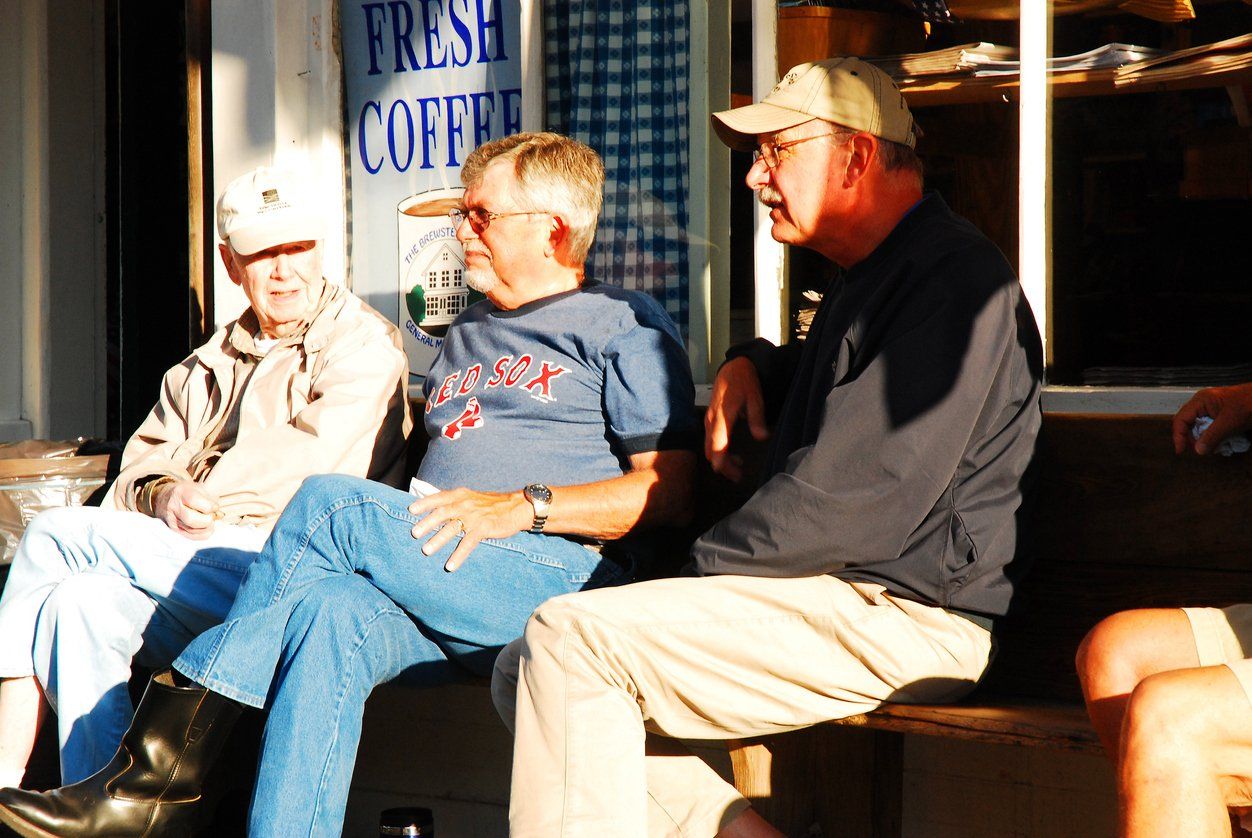Five financial benefits of small town living
Small town, big savings
Away from the hustle and bustle of Alberta’s urban centres lies a different kind of place. A slower, tighter-knit community where friendly chatter between neighbours and well-grooved, familiar rhythms are the soundtrack of day-to-day life.
Life in a smaller community definitely has it advantages. In fact, a 2018 study of Canadian communities by researchers at McGill University in Montreal and the Vancouver School of Economics found that people living in non-urban communities were significantly happier than their city-dwelling counterparts.
The happiness of residents isn’t the the only edge that smaller towns have over cities. Typically, smaller communities offer a lower overall cost of living. Here are just a few of the ways life is cheaper outside the city.
Cheaper housing
Home buyers can stretch their dollars further buying a home in a smaller community versus a city. For example, in 2018, the average house price was $1.3 million in Greater Vancouver, $767,000 in Toronto and just over $478,000 in Calgary. In Wetaskiwin, the average price for a home in 2018 was about $258,000. In Peace Country, homes sold for about $299,000 last year.
Lower car insurance rates
Statistically, fewer drivers means fewer accidents. As a result, automobile insurance rates are generally higher for drivers in urban areas than for those in rural areas. Residents in less congested rural areas tend to benefit from lower premiums.
No fuel-guzzling gridlock commute
In smaller towns, the daily commute to work is typically a quick and painless trip. In Canadian cities, the average commute takes 26 minutes each way. That’s 4.33 hours of every week; a whopping 207 hours per year (depending on your holidays). A person can burn through a lot of fuel in that length of time on the road.
General services are cheaper
A lot of times in the big city – corporations with lots of overhead costs can “run the show” which can lead to higher costs all-around. In towns, there are typically more small and medium sized operations with lower overhead and more invested in keeping your business.
“The Joneses” tend not to live in smaller communities
Smaller communities tend to have less “small.” There are likely no four-diamond restaurants, designer clothing stores and high end art galleries to set the bar incredibly high. If you live down a gravel road, you’re probably not going to buy a Porsche. In other words, there’s less pressure to keep up with “the Joneses!”


